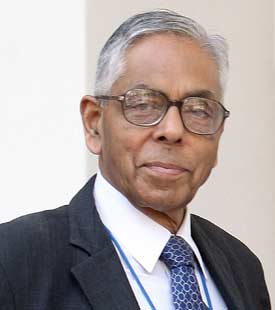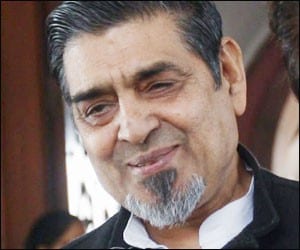
M Narayanan
NEW DELHI (February 4, 2014)—The former Joint Director of the Central Bureau of Investigation, M Narayanan has made a vital revelation in relation to the probe into the 1984 Sikh Genocide, saying that the investigation of the case was politically influenced. He was the officer who had taken over the 1984 massacre case when the court had not accepted the closure report and ordered further investigation.
He said, “It is beyond understanding how a closure report was filed in the case of Jagdish Tytler. There was pressure to not collect evidence”.
Speaking further about the case, he said, “When I reviewed the case, I found that nothing was done. Witnesses were not being traced. I took the help of a Gurdwara Committee to trace the witnesses Jasbir Singh and Surender Singh in America, and they said they won’t come to India as they faced a threat of life. We sent a team of two CBI officials to record their statements, wherein they had said that earlier the police had stopped them from speaking the truth. In the statement we took, Surender Singh named four more witnesses, including Resham Singh and Chanchal Singh.”

Jagdish Tytler incited mobs to kill and rape Sikhs across Delhi
The former Joint Director has said that, “Earlier officers had faced immense political pressure as this was a high profile case”.
Narayanan has also described that Jagdish Tytler was also present in the office where the investigation was being conducted.
“Jagdish Tytler had come to office, although an accused should not have come without being summoned. I could not understand how he had come,” he said.
After his retirement, another closure report was filed, and as Narayanan recollects, “My colleague went back to Uttar Pradesh, the same officer who was heading that cell now became in-charge of the zone”.
In his words, “after my retirement, the investigation did not go in the right direction. Our job was to collect all possible evidences and put it before the court, not to tell the court that the witness has come after so many years. It is for the judiciary to analyze evidence. I felt that there was some pressure, some of the other senior officers were also facing the pressure,” he said.
He added that “there was pressure to not collect evidence. It is beyond understanding how a closure report was filed then. Now since the matter is in court, every possible evidence should be collected”.

